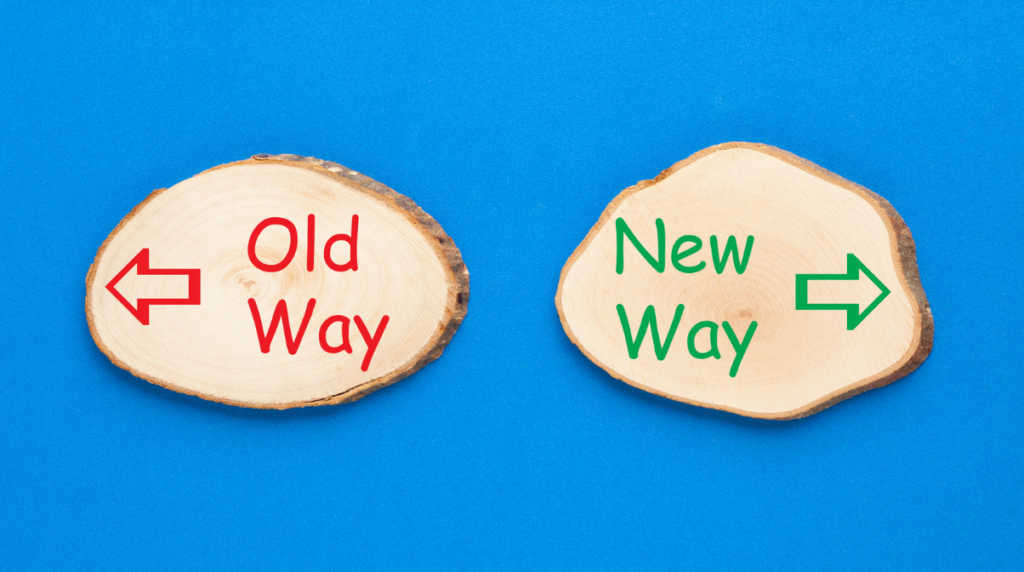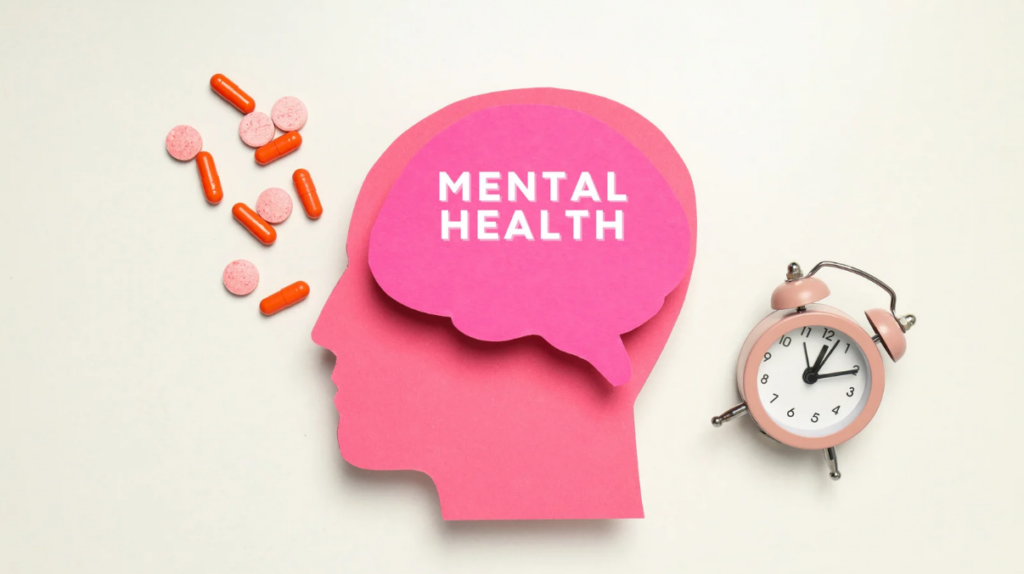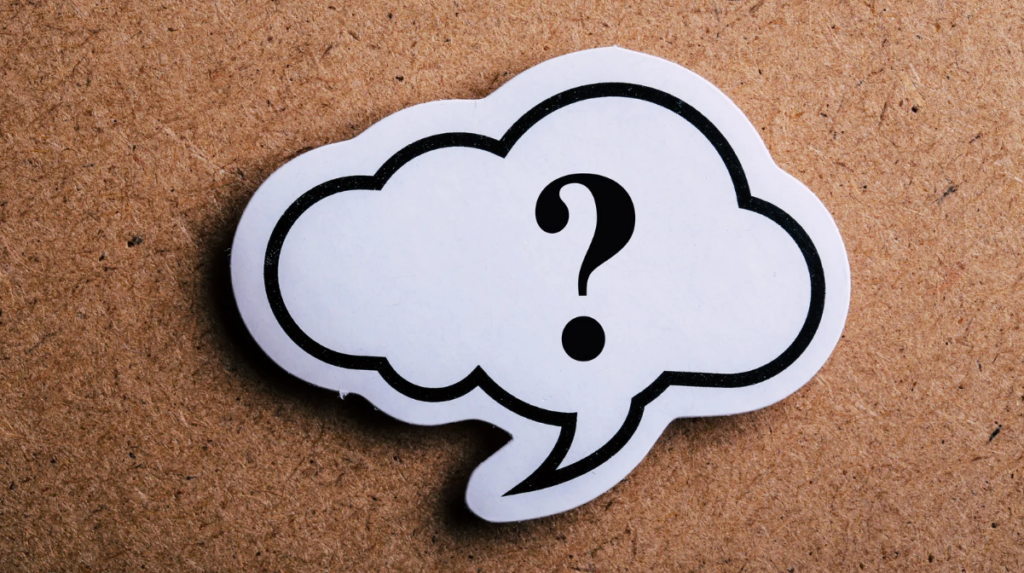
Change happens to everyone—a new job, a breakup, a move, a diagnosis. Even joyful milestones like marriage or a new baby can turn your inner world upside down.
But here’s what most people don’t realize about change vs transition: it’s not the outer change that overwhelms us—it’s the inner transition that follows.
Change is what happens around you; transition is what happens within you.
When you understand change vs transition, you begin to see that adapting to life’s shifts isn’t about rushing through them—it’s about giving yourself space to process, adjust, and grow. This awareness helps you move past guilt or frustration and instead protect your mental health as you grow through change, not just survive it.
What Is Change, Really?
At its core, change is an external event or circumstance. It’s something that happens in your environment, relationships, or routines—often beyond your control.
You start a new job. You lose someone you love. You move to another city. Your body ages. You become a parent.
Change is often visible, immediate, and situational. It can happen suddenly or gradually, be planned or unexpected, and sometimes it’s even positive—yet still emotionally challenging.
Types of Change
- Planned changes — the ones you choose, like switching careers or starting therapy.
- Unplanned changes — the ones that happen unexpectedly, like illness, job loss, or crisis.
- Positive changes — marriage, a promotion, or buying a new home.
- Negative changes — divorce, financial setbacks, or grief.
No matter the type, one thing remains constant: change alters your external circumstances—but not automatically your emotional readiness.
Why Even “Good” Change Feels Hard
You can want a change and still find it stressful. That’s because your brain thrives on predictability. When routines shift, your nervous system interprets it as uncertainty—and that can trigger anxiety or resistance, even if the change was your choice.
So when you feel anxious, sad, or overwhelmed in the face of change, you’re not “bad at coping.” You’re human.
Transition: The Emotional Bridge Between Old and New

If change is what happens to you, transition is how you adjust to it.
Transition isn’t the event itself—it’s the inner psychological and emotional process of coming to terms with what’s new. It’s the period when your mind, body, and emotions work to let go of what was, live in the uncertainty of what’s unfolding, and eventually embrace what’s next.
Transitions often unfold in three natural phases that mirror the rhythm of emotional adaptation: endings, the in-between, and new beginnings. Recognizing these stages helps you understand what you’re feeling and approach your own growth with more compassion and patience.
1. Ending, Losing, and Letting Go
Every transition begins with an ending. You have to let go of something familiar—whether that’s a role, a routine, an identity, or a relationship.
Even when change is positive (like moving forward in your career), it often involves grief for what you’re leaving behind.
You might feel sadness, fear, denial, or nostalgia. These emotions are not signs of weakness; they’re signs that you cared deeply about what came before.
How to cope in this stage:
- Allow yourself to grieve what’s ending.
- Acknowledge your emotions without rushing to “move on.”
- Create small rituals to mark closure (like journaling, writing a goodbye letter, or expressing gratitude for what you’ve outgrown).
Letting go isn’t about forgetting—it’s about creating emotional space for what comes next.
2. The Neutral Zone: Between What Was and What’s Next
This is often the most uncomfortable part of transition. It’s the “in-between” space where old routines have ended, but the new normal hasn’t fully taken shape.
You may feel lost, uncertain, or restless. You might question your purpose or identity. Yet, this stage is also where growth begins—it’s a creative space where your next chapter starts to form.
Common feelings during the neutral zone:
- Confusion and self-doubt
- Emotional exhaustion
- A strange mix of hope and fear
- Desire to rush toward clarity
But don’t rush this phase. Just like seeds germinate underground before they sprout, your next version of yourself is forming quietly beneath the surface.
Healthy ways to navigate this stage:
- Practice mindfulness to stay grounded.
- Journal about what you’re learning through uncertainty.
- Give yourself permission to rest and not “have it all figured out.”
3. The New Beginning
Eventually, something shifts inside you. You start to feel curious again. You rebuild confidence, establish new routines, and begin to see how the change fits into your life story.
This stage marks emotional integration—you’re not just dealing with the change anymore; you’ve grown because of it.
Signs you’re entering a new beginning:
- Renewed energy and optimism
- Clarity about your values or goals
- Acceptance of your new circumstances
- A deeper sense of self
The key here isn’t perfection—it’s progress. Each step forward reinforces your resilience and teaches you that even difficult transitions can lead to profound transformation.
Change vs Transition: The Key Differences
| Aspect | Change | Transition |
| Definition | External event or situation | Internal psychological adjustment |
| Speed | Happens quickly | Takes time |
| Control | Often out of your control | Largely within your control |
| Focus | Circumstances | Emotions, mindset, identity |
| Example | Starting a new job | Adjusting to your new workplace identity |
| Emotional Core | Reaction | Adaptation |
You can’t always control change, but you can learn to navigate transition with more compassion and awareness.
Why Transitions Can Feel So Emotionally Heavy
When life changes, your brain goes into adaptation mode. It must rewire habits, expectations, and even your sense of identity. That’s why you may feel exhausted, unfocused, or emotionally raw.
Unprocessed transitions can also affect your mental health. If you suppress your emotions or try to “move on” too quickly, stress can build up—showing up as irritability, anxiety, insomnia, or even physical tension.
Signs you may be stuck in transition:
- You feel “off” even though things look fine on the outside.
- You can’t seem to let go of the past.
- You feel disconnected from your sense of purpose.
- You’re emotionally numb or overreactive.
These are signs your internal world is still trying to catch up to the external change—and that’s okay. Awareness is the first step toward healing.
Supporting Your Mental Health Through Transition

Supporting your mental health through transition means giving yourself the care, patience, and compassion needed to navigate emotional change while rebuilding balance and stability.
1. Name What You’re Feeling
Putting emotions into words helps regulate them. Try saying, “I feel anxious about this new chapter,” instead of, “I shouldn’t feel this way.” Naming emotions gives you back a sense of control.
2. Accept That Discomfort Is Normal
You’re not doing anything wrong if the change feels hard. Emotional turbulence is a natural part of transition. Remember: you’re learning to live differently, not failing.
3. Prioritize Rest and Routine
Your brain needs stability to recover from change. Stick to small, grounding habits like eating well, sleeping enough, and exercising gently.
4. Reflect on Your Values
Ask yourself: “What do I want to hold onto from the past?” and “Who do I want to be through this transition?”
Your values act as an anchor when everything else feels uncertain.
5. Seek Connection
Transitions feel lighter when you share them. Talk with friends, family, or a therapist. Emotional connection helps your brain regulate stress and fosters a sense of belonging.
When Change or Transition Feels Overwhelming
Some transitions—like divorce, trauma, or loss—can feel too heavy to carry alone. In these times, seeking professional help can make all the difference.
Signs It Might Be Time to Reach Out for Support
- You’ve been struggling to function at work, school, or home.
- You feel persistently sad, anxious, or hopeless.
- You’re withdrawing from people or losing interest in activities you once enjoyed.
- You notice physical symptoms like headaches, fatigue, or appetite changes.
How a Mental Health Professional Can Help
Therapists and psychiatric providers are trained to guide you through transitions. They help you:
- Understand your emotional patterns
- Build coping strategies
- Address underlying anxiety or depression
- Find meaning and direction in the change you’re experiencing
In some cases, therapy may be combined with medication to help stabilize mood or reduce anxiety so you can process emotions more effectively.
The Power of Self-Compassion
Above all, give yourself grace. Transitions are messy, nonlinear, and deeply human. You may feel okay one day and unravel the next—and that’s completely normal.
Remind yourself: I’m learning, I’m adapting, and that takes courage.
Common Questions About Change and Transition

1. Why do I feel anxious even after a “good” change?
Because your mind and body need time to adjust. Even positive changes disrupt familiar routines, triggering uncertainty and temporary stress.
2. How long does a transition usually take?
There’s no fixed timeline. Some transitions take weeks, others months or years. The more you allow yourself to process emotions, the smoother the adjustment becomes.
3. Can you experience change without transition?
Yes—but it often means avoiding emotional processing. True healing and growth come when you allow yourself to go through the transition, not just past it.
4. How can I tell if I’m avoiding transition?
If you distract yourself constantly, rush into new routines, or suppress emotions, you might be avoiding the discomfort of the in-between stage.
5. What’s the difference between transition and transformation?
Transition is the process of adapting; transformation is the result—the stronger, wiser version of yourself that emerges after the transition.
Embracing Transition as a Pathway to Growth
Change reshapes your circumstances, but transition reshapes you. Every ending, uncertainty, and new beginning is an opportunity to grow into a wiser, more grounded version of yourself. Instead of viewing transitions as setbacks, try to see them as invitations to evolve—moments that challenge you to slow down, reflect, and realign with what truly matters. With patience and self-compassion, you can move through change not just surviving, but transforming.
If you’re navigating a difficult life transition and need support, EmpowHer Psychiatry and Wellness is here to walk beside you. Our compassionate, patient-centered care helps you find balance, clarity, and strength through life’s many changes. You don’t have to face uncertainty alone—healing and growth are possible when you’re supported in both mind and spirit. Call us today to connect with a provider who understands and cares.

